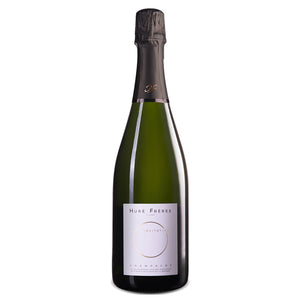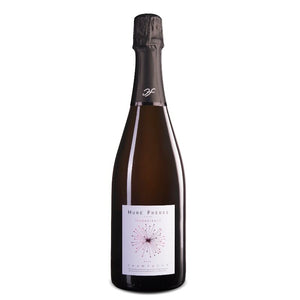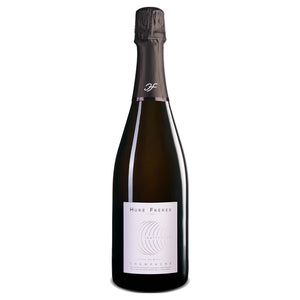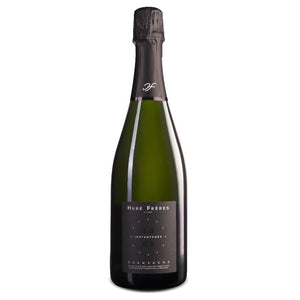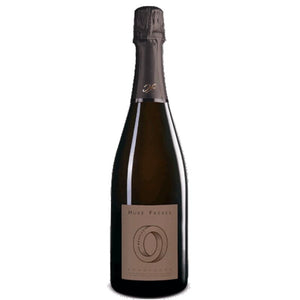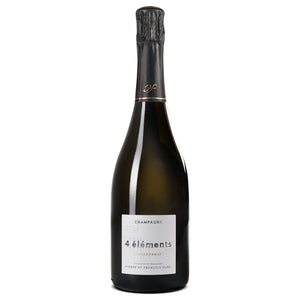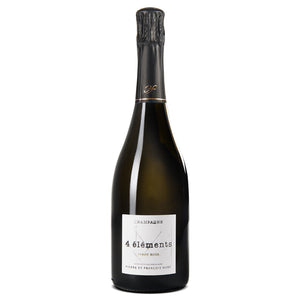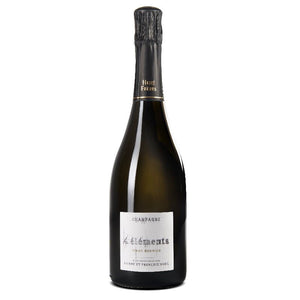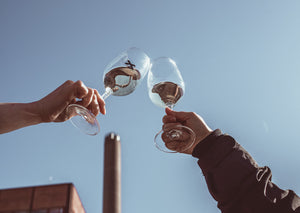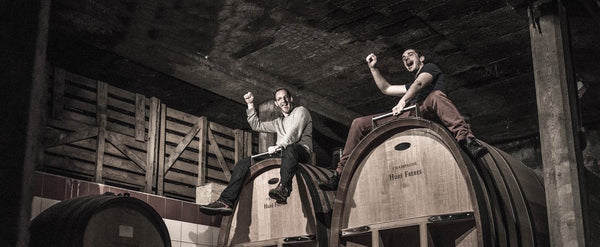
Champagne Huré Frères
The Huré Frères champagne house is located in Ludes, in the eastern parts of the Montagne de Reims, where three brothers cultivate 10 hectares of vineyards. Since the farms have three different owners, the label NM refers to the négociant manipulant business, even though it is practically a small grower champagne estate. Georges Huré bought the estate in 1960 to fulfill his wife Jeanne's dream of a winery life. In 1971, George transferred the responsibility of running the estate to his three sons, Jean Marie, Marc and Raoul, who practically started champagne production on the estate from scratch. In 2008, Raoul's son François bought the farm entirely for himself after first applying for a wine education not only at the University of Dijon, but also at the Domaine de Montille and Chapoutier farms in Australia and New Zealand. At first, François continued in the footsteps of his father and uncles, but in 2012 he finally decided to start realizing his own vision in wine production.
After traveling the world, François had begun to understand the importance of terroir in winemaking, and was inspired by biodynamic viticulture while working with Jean-Pierre Fleury. In 2012, he decided to switch to fully organic viticulture, but when 21 days of rain in June took away 35% of the year's harvest, François realized that he could not do everything by himself: cultivate vineyards, make and sell wines, and take care of his marriage. So he asked his brother Pierre to join the operation of the farm, and since 2013, Pierre has been responsible for tending the farm's gardens, while François takes care of the winemaking and cellars (and his wife's happiness!).
With Pierre, the amount of handwork done in the 10-hectare vineyards has increased, even though the yields produced by the vines have decreased. No herbicides are used in the vineyards and the grapes ripen better than before. At the nurseries, organic and biodynamic methods are largely followed, and only organic compost is used to enrich the soil. The soil is plowed minimally with tractors, favoring the natural vegetation growing between the rows of vines. To achieve optimal ripeness, the number of leaves growing around the grapes is limited only on the east and north sides of the vines. Before harvesting, the grapes are already sorted in the orchard, and upon arrival at the farm, the grapes are pressed within five hours. The orchards grow 40% Pinot Noir, 40% Meunier and 20% Chardonnay, and all but one vineyard faces north.
In winemaking, the characteristics of each terroir are respected. Mainly all grape varieties and the grapes produced by each village, sometimes even each plot, are vinified separately. The farm's production is divided into easier-to-approach blends and wines made from grapes from one vineyard, represented by the 4 Éléments champagne series matured in oak barrels. Since 1982, reserve wines have been preserved in oak and steel containers, mixing vintages together according to the solera method. The farm's goal is to release the wines to the market only when they are ready to drink, and the recent acquisition of a neighbor's cellar makes it possible in the future to cellar all of the farm's wines in connection with the winery itself under ideal conditions. The conversion to organic production has started in 2021.
The farm's annual production is around 90,000 bottles.

